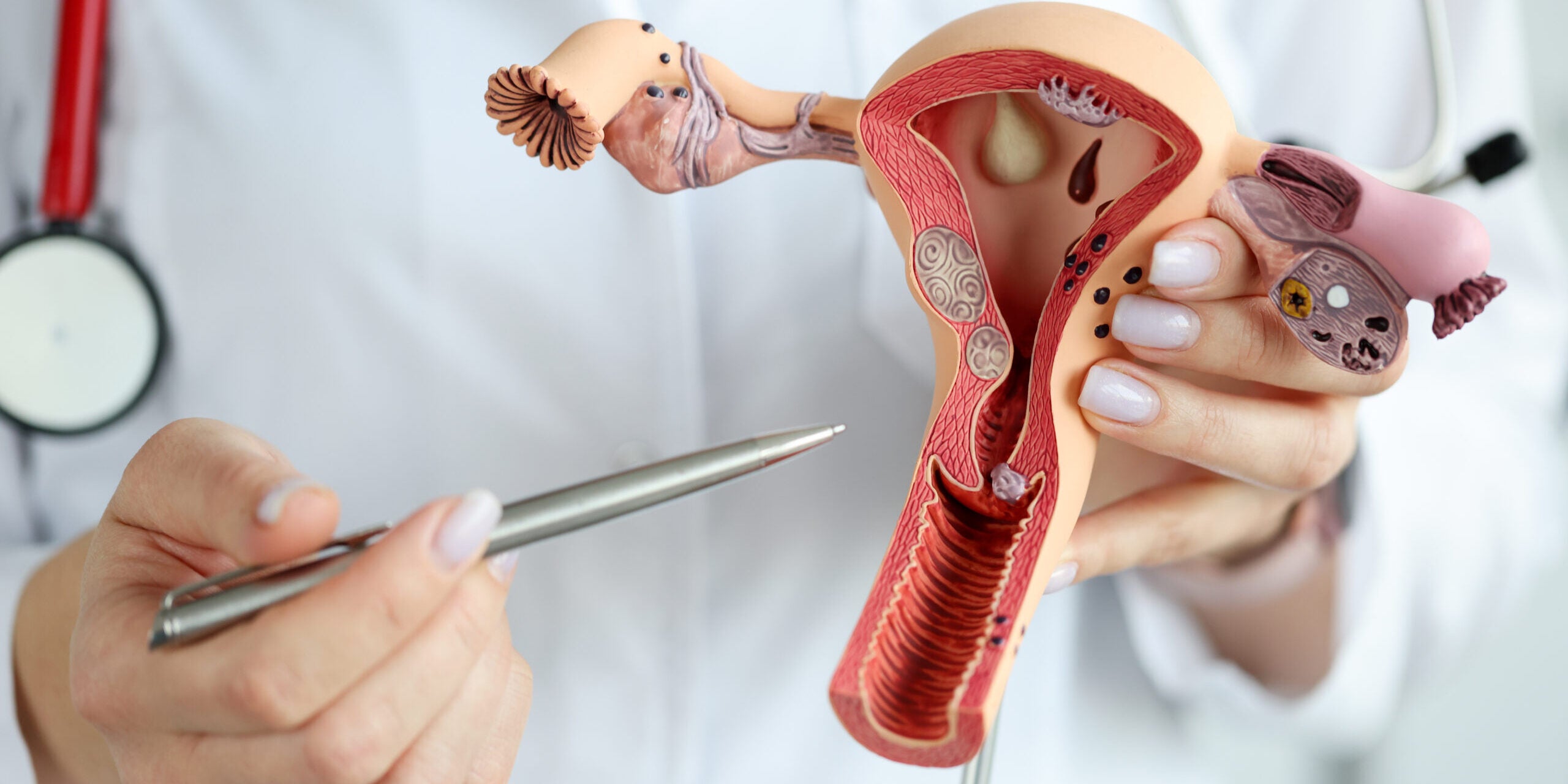Assisted Reproduction Treatment: When to start?

Around infertility, there are many doubts, gaps and questions that couples or people have to face and many decisions that they must make after receiving a diagnosis. The ease of achieving a pregnancy or starting an assisted reproduction treatment depends on several factors: age, which is one of the most important, lifestyle, habits that negatively affect fertility, such as smoking, genetics, certain pathologies and many others. plus.
Heterosexual couples, who have been trying to get pregnant by having intercourse without any contraceptive method for more than a year and have not succeeded, should see a fertility specialist, they should also do so if the woman is over 35 years of age and they have been more than six months, homosexual couples or individuals who wish to preserve their fertility.

The ease of getting pregnant depends on several factors. (Image taken from Freepik )
According to the Spanish Fertility Society (SEF), the chances of getting pregnant are accumulating with each menstrual cycle, the conception rate in fertile couples is:
- 3 months trying: 57% chance of getting pregnant.
- 6 months trying: 72% chance of getting pregnant.
- 1 year of regular, unprotected sexual intercourse: 85% chance of getting pregnant.
Reasons to go to a fertility consultation
Heterosexual couples:
- After one year of trying to achieve a pregnancy without success and 6 months if the woman is over 35 years of age.
- The woman has had two or more abortions.
- Either one of them has genetic disorders.
- you suffer from Endometriosis , PCOS or have you had.
- Have undergone any cancer treatment such as chemotherapy.
- If your mother or in your family there are women who have suffered from early menopause.
Single Women:
Those who wish to preserve their fertility by freezing their eggs or women who wish to become mothers using donor semen.
Couples of women:
To achieve a pregnancy with donor sperm or using the ROPA method, where both women participate; One woman in the couple provides the eggs, while the other is in charge of carrying the baby.

After a consultation, the specialist will decide which is the appropriate treatment for each case. (Image taken from Freepik )
What happens after the consultation?
The specialist will decide which is the appropriate treatment for each case, and will also explain the options after having carried out the pertinent tests. However, infertility treatment should go beyond assisted reproduction treatments. This should also involve lifestyle changes, weight loss or nutritional consultation, emotional well-being, and nutritional supplements and vitamins suitable.
The path of infertility
This road can be long, painful and full of fears and insecurities for many. The uncertainty, the lack of control and the treatments, sometimes very long, can be a trigger to make you doubt and wonder if you will be able or if it is better to leave the race on time. Friends, family, support groups or professional psychological help are good allies if you need it. Sometimes it's hard to talk about your situation or deal with uncomfortable questions when you're trying to get pregnant, but finding people you can vent to, share with, or even ask questions will make you feel so much better.
If you don't feel comfortable talking about it with your family or friends, there are communities and resources where many people who are going through the same thing as you share their concerns and experiences.
Once the diagnosis has been received, the couple or person, with the help of their specialist, must decide which treatment is the most appropriate for their case and their budget, in case they decide to undergo treatment at a private clinic.

Doctor gynecologist talking to a female patient in an orange chair in a medical office.
What are the techniques of Assisted Reproduction ?
Assisted Reproduction Techniques (ART) are a set of medical treatments that can facilitate a pregnancy, when it cannot be achieved naturally. The professionals: gynecologists and embryologists, intervene in the female or male reproductive system, according to the cause of infertility, to help achieve pregnancy. The objective is to overcome the barriers that arise naturally, using medication and techniques such as artificial insemination (AI), intracytoplasmic sperm injection (ICSI), embryo culture, in vitro fertilization (IVF), etc.
How do I know which Assisted Reproduction Technique is indicated for me?
Dr. Braulio Peramo Moya, Director of the Al Alain Clinic in Abu Dhabi recommends: "After trying to get pregnant naturally without success for a year or 6 months, if the woman is older than 35, it is necessary to visit a specialist to determine if the cause of infertility is male, female factor or both. Subsequently, the pertinent tests are carried out: in men: clinical history, physical examination and seminogram. In women: a hormonal study, anti-Müllerian hormone result, an ultrasound and additional tests depending on the particular case. The technique indicated for each case will be determined, always starting with the least invasive and easiest method for patients.”
0 comments



